Kristina Blahnik can pinpoint the moment she knew she would leave a career in architecture to join the family business, British luxury shoemaker Manolo Blahnik.
It was 2009. Her uncle and mother’s brand had been buoyed by the television programme Sex and the City and its heroine Carrie Bradshaw’s predilection for Manolo pumps.
“There was this subconscious pull that had become conscious,” says Blahnik.
She had “lived and breathed” the business before then. During her childhood, many school nights were spent meticulously brushing suede shoes at its flagship store in London. Years later she stepped in to help design a shoe collection when her uncle, the esteemed designer Manolo Blahnik, was unable to.
But she wanted more. “I said, ‘give me a chance’; I’d like to see what the opportunities are.”
Blahnik left the architecture practice she had set up with her former husband almost a decade earlier to join the family business, thinking: “If I can build a building, I can probably build a shoe”.
From there her position in the company “just organically became a permanent role”. She became chief executive in 2013.
At that point, a team of only six staff, led by Manolo and his sister, Evangelina, was running the company, despite its £945 Hangisi pumps becoming a wardrobe staple for customers around the world. Today the 54-year-old brand employs more than 250 people, and last year it bought a new head office and showroom in London’s prime Mayfair district for £30.5mn.
Blahnik’s first year was a “fast-track master of business administration”, although she drew on her experience running her own business to navigate legal contracts and manage stakeholders. She meticulously taught herself the industry jargon such as “sell-through” and “stock-keeping units”.
“I think I came at it with an instinctive understanding of what this world was about [but] I already had a certain developed point of view and . . . professional self-awareness to a degree,” she says. “So I did come at it with a fresh perspective.”
She adds: “If you go into a family business too early, you don’t necessarily have that opportunity to form your own opinions . . . Everyone is different, but I know if I joined it [early], I would have done it how they did it rather than coming in and going ‘I really respect how you are doing this, but I think there might be a different way’.”
Those conversations allowed the business to evolve without disrupting its core foundations, she believes. But she has put her stamp on the company, yanking it into the digital age by bolstering its fledgling ecommerce operations and more recently making a push to sell more shoes and accessories directly to consumers.
Manolo Blahnik reported a loss for the first time in 2020, as demand for formal footwear weakened during the pandemic, but it rebounded strongly the following year. Under Kristina Blahnik’s leadership, the company reported its best ever financial performance in 2022, with revenue up 69 per cent to €118.2mn and pre-tax profit more than tripling to €22mn from €6.6mn. It won a decades-long intellectual property battle in China that same year, and in March it signed a joint venture in Hong Kong with Bluebell Group, a luxury brand operator, paving the way for expansion in Asia — now a key plank of its strategy.
Blahnik, an architecture graduate from the University of Cambridge, has shown unflinching financial discipline, a mindset she says she inherited from her mother, who joined the business in 1980 and served as a managing director until 2013. The retailer has never had any debt or outside investment.
“I’m quite clear about it, it’s binary, you either can or cannot survive financially,” says Blahnik. “I think [financial] safety is the ultimate luxury and to be able to say ‘well, we’re going to do this in a year’s time, because we can’t afford to do it now’.”


She adds: “I don’t understand the world of working at a loss or borrowing to grow. We’re only growing when we can afford to . . . That allows us to be a long-term brand, and it helps all of us to make decisions based on reality, rather than a potential projection of a fantasy.”
Manolo Blahnik has not been immune to the broader slowdown in spending among affluent shoppers over the past 18 months, however, and expects revenue to be down before it starts growing again. “We’re using this time right now, when things are a little bit quieter in terms of demand, to . . . just organise ourselves slightly differently,” says the chief executive.
Blahnik still has a close working relationship with her uncle, who remains the company’s creative director and chair. She watched his work ethic closely, as well as her mother’s. In the early years she “just wanted to learn everything” from them.
The busiest time creatively is the development of new shoe ranges, which “involves me completely immersing myself in the design process”, she says. Manolo works on collections twice a year and Kristina then develops these into four.
She says a team of five work together to understand the “commercial and creative” needs of a new range. She will then “respond with hand-sketching new styles to supplement Manolo’s collections, including market exclusives”.
“They’re very much part of Manolo, and I think they’re now part of both of us,” she says.
Blahnik is aware that running a family business is “a very privileged place to be” but it is also a challenge. She believes the second generation is one of the most important roles for longevity.
“You’ve got the first generation of founders and creators, they’re the ones that have the dream. I see my role as making sure I . . . create all the structures around it [to] exist beyond my lifetime, beyond all of our lifetimes. If there’s a third generation, they can know what they’ve got to do.”
Blahnik lived in Cologne before she moved to the UK with her mother when she was six. Her upbringing was shaped by her uncle’s creative flair and her mother’s business pragmatism and she has found herself at the confluence of art and mathematics ever since her school years. She studied both art and maths at A-levels, as well as German economics.
Her architecture practice had close links with the family’s shoe business. It designed the space for Manolo Blahnik’s first exhibition at London’s Design Museum in 2003 and soon began designing the shops for the brand. The company continues to work with the shoemaker on new openings.
Blahnik is a proponent of executive coaching and has worked with several people over the years. The company also offers it to employees, no matter how junior.
“I’m deeply curious about organisational sociology and psychology, and I think that, in its very nature, means I have to keep learning and growing and watching and observing.”
One such moment of introspection came when she installed a senior leadership team about six years ago to help her run the business as it continued to grow.
“My role was to let go,” she says, acknowledging it was “a scary moment of loss” because up until then she was in charge of everything. “There was a relief and a grief that I needed to process, and that was done with an executive coach.”
Rather than being in the trenches day-to-day, the chief executive learnt to support the team when they needed it, while ensuring “we aren’t deviating from the path”.
She has gone through various “skins of leadership” as “every few years I almost shed one and I evolve into the next”. As the business accelerates its growth plan, targeting more new store opening overseas, particularly in the US and Asia, she says “I can feel it happening now”.
A day in the life of Kristina Blahnik
6.45am Wake up and read the press, particularly retail and fashion-related, and check overnight emails. Breakfast is normally a Huel smoothie with bananas and strawberries. I don’t have coffee any more as it doesn’t suit me, but I’ll have all my vitamins and a Berocca to get my liquids in early.
Morning I’ll usually do an early exercise class such as Climb to the Beat by BXR, Barry’s Bootcamp or SoulCycle. I then get ready and walk my dog, a miniature Schnauzer called Poppins, into the London office, often via our Burlington Arcade store, to look at new displays of products that have dropped in store. I’ll get to my desk between 8am and 9am when I have meetings with different departments as well as calls with Asia.
1pm Lunch is usually during a meeting or at my desk. With favourites being pasta pomodoro — something comforting — or a salad from The Salad Project or tacos.
Afternoon I like to see people face-to-face and meet new starters, so I’ll make time to walk around our seven-story office building and chat with the teams if I can. I’ll also take calls with our US head office.
7pm I leave the office and catch up on emails when I get home. Some evenings are spent meeting commercial partners for a drink or attending industry dinners and panels. We have just started hosting small dinners for customers in our beautiful London head office to immerse them in our world. When I have time, I love cooking for my family — it’s my meditation. To wrap the day up, I’ll read a book in bed, usually fiction, to calm my overactive mind.

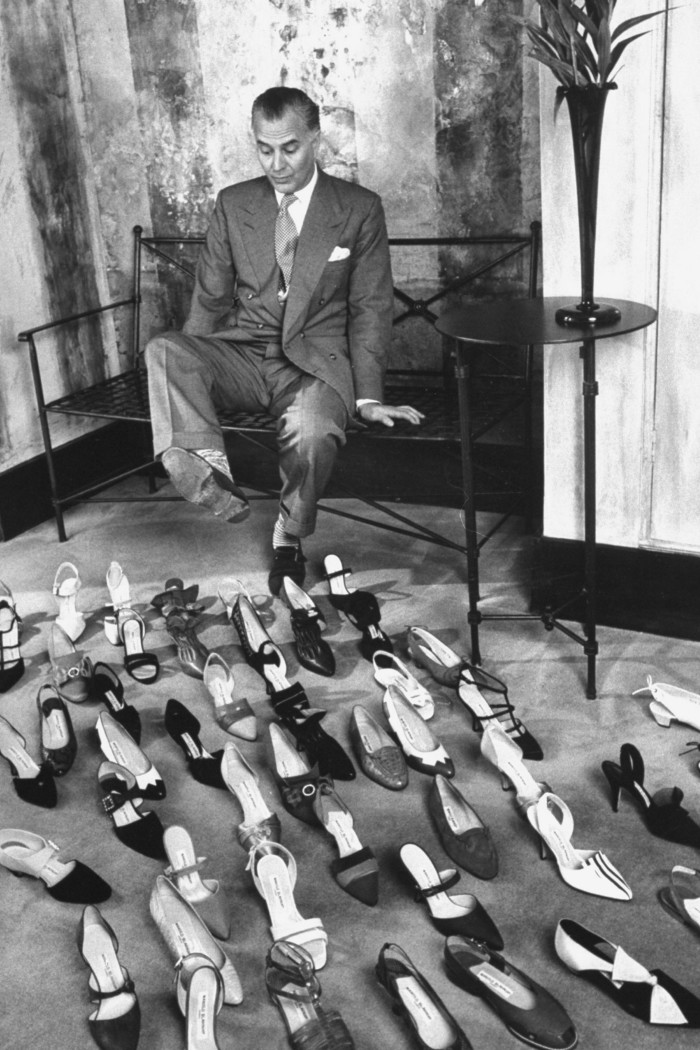


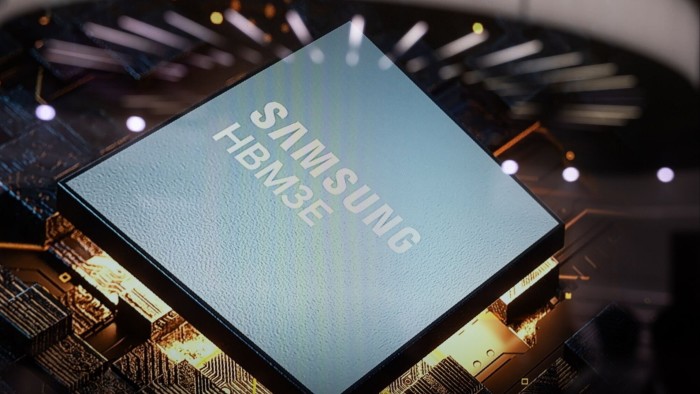
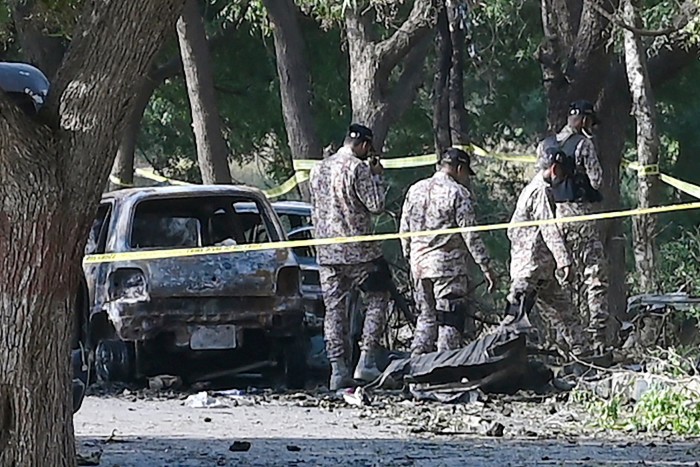

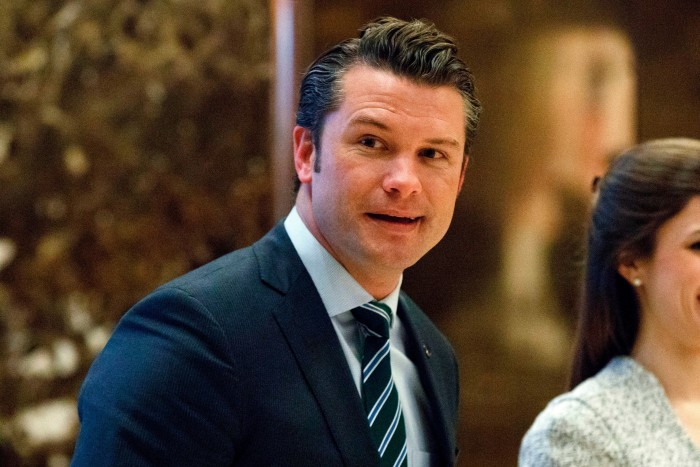












































































































































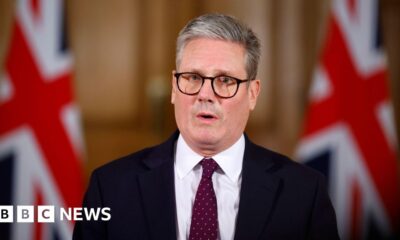

























You must be logged in to post a comment Login